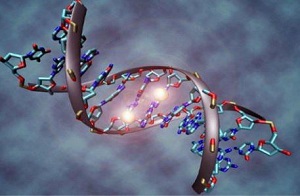July 10, 2020
Tag:
Cancer is arguably one of the most feared diseases. Humans are constantly trying to improve medical technology, hoping to treat cancer. With the rapid development of the peptide industry, now peptides have become a new direction for cancer drug development. Currently, at least one peptide family may allow drug developers to deliver compounds into tumors without connecting peptide drugs to other mediators. When screening peptide phage display libraries that bind to tumor blood vessels, the study found that a peptide called iRGD can activate a general transport mechanism in blood vessels. When the researchers delivered iRGD and multiple anti-cancer drugs to tumor mice, the drugs migrated to the tumor very effectively and killed the cancer cells.

Evidence in mice indicates that the iRGD family can specifically reach tumor tissues. There may be "mysterious receptors" of peptides in other tissues, leading to off-target effects. However, this possibility also means that modified iRGD-like peptides can be developed to increase the ability of drugs to penetrate into other types of tissues. So far, researchers have discovered that a peptide can target atherosclerotic plaques, and other targeting effects are being studied. Many scientists believe that although these peptides have different targets from iRGD on tumors, the mechanism of action is the same.

The iRGD results have also begun to change the way researchers think about tumor targeting. Researchers are paying more and more attention to tumor blood vessels, rather than trying to directly bind peptides to tumor cells.


Contact Us
Tel: (+86) 400 610 1188
WhatsApp/Telegram/Wechat: +86 13621645194
+86 15021993094
Follow Us:




 Pharma Sources Insight July 2025
Pharma Sources Insight July 2025


